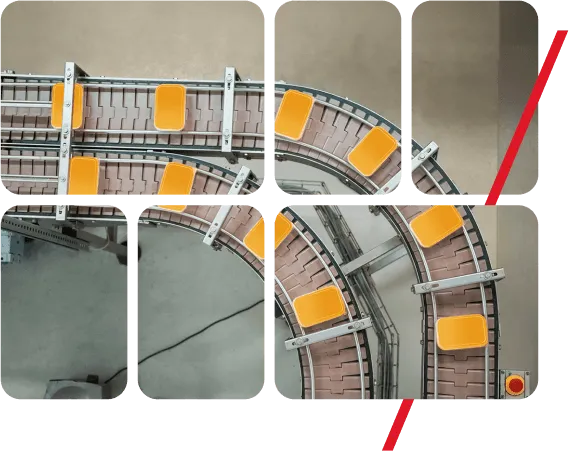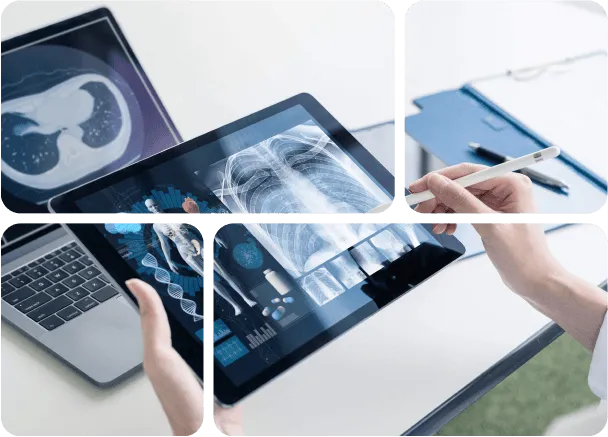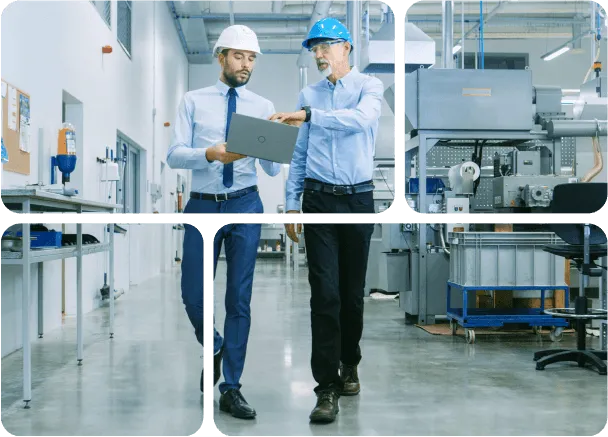‘A retrospective is a chance for a team to reflect and learn from the past… The main aim is to inspect the situation and adapt to the reality,’ – Aino Vonge Corry, Retrospectives Antipatterns.
Some teams struggle to dedicate time for retrospectives. Yet, creating time to understand how we are trending towards our goals, and adjusting based on what we learn, will always benefit any team.
As a Scrum Master, you can start small, with just 20 minutes every two weeks. Pose a single question: “What is the most important thing for us to address about how we work?”
Another approach is to integrate a question into your daily meetings centered around improvement, focusing on the goal: “How could we improve the quality of our work?” or “What small change could we make in the next few weeks that would improve us?”
You don’t need to wait for a retrospective to improve. In my opinion, feedback needs to be timely – otherwise, it loses its impact. When issues become problematic or require deep focus, that’s when you conduct an event-driven retrospective.
An essential aspect of this process is transparency—crystal clear transparency. This means having shared alignment, visible and understood tasks, and no ambiguity between what is ‘done’ and what is ‘not done’. Retrospectives can be instrumental in driving and achieving this level of transparency.
Retrospectives should also apply to us as Scrum Masters, as leaders. We must aim to continuously improve our interactions with individuals, which requires reflection and retrospection.
We can do this by asking ourselves: “What is the most important thing for me to address about how I interact with my team and peers?” and “How can I improve the quality of my interactions with my team and colleagues?” along with “What small change can I make tomorrow that would improve my interactions with the people who surround me?”
The key to agility is continuous improvement, and at the heart of continuous improvement is retrospection. At the core of retrospection are individuals and their interactions. One thing is certain: without retrospection, we aren’t improving. So, let’s make time and focus on retrospectives.







































